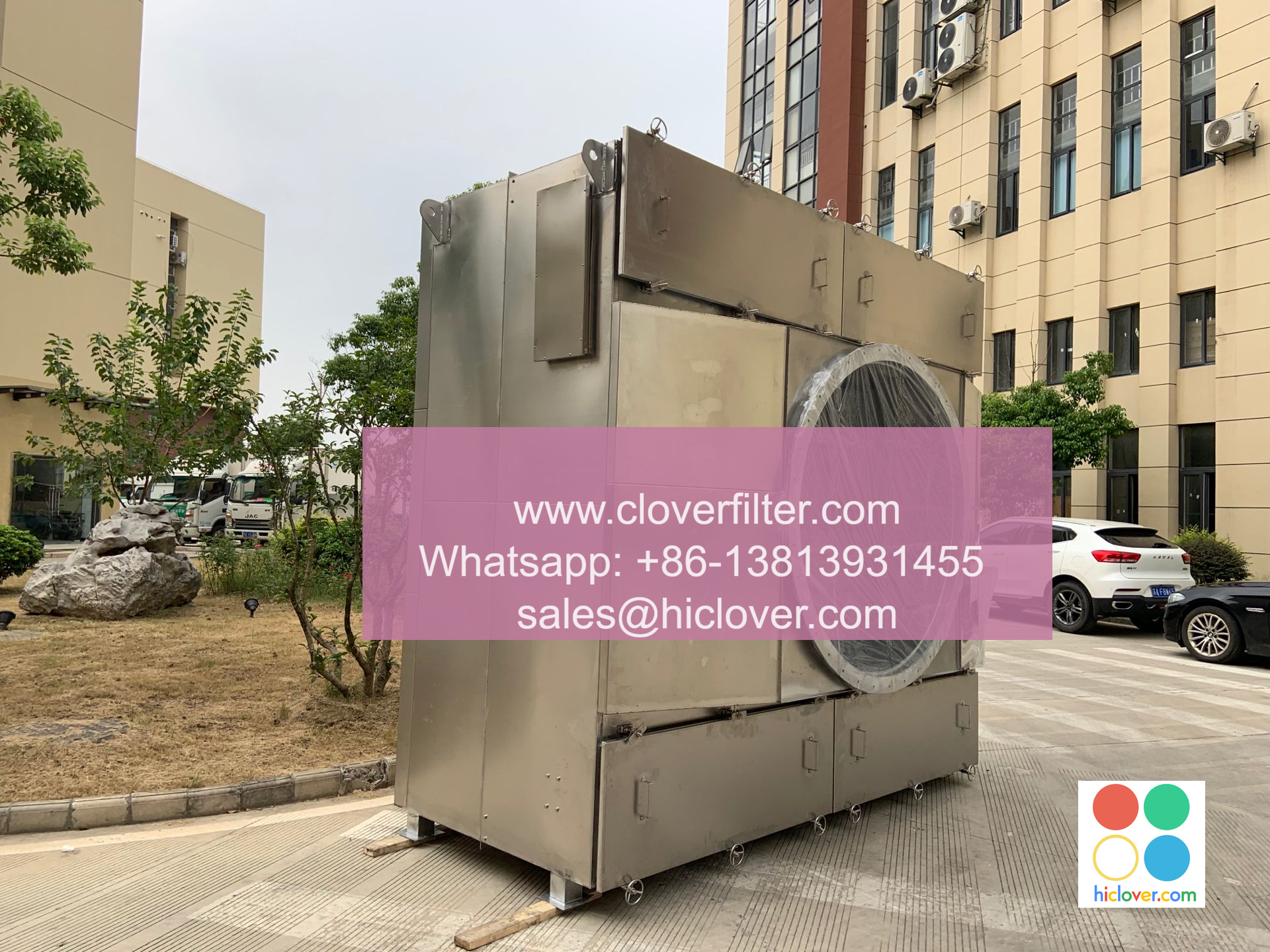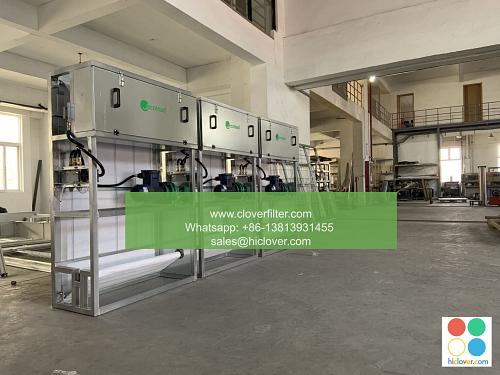The Importance of Air Quality in Aerospace Factories: A Case Study of Mexicali

The aerospace industry is a significant sector that requires high-quality products and precision manufacturing. Aerospace factories, such as those found in Mexicali, Mexico, play a crucial role in the production of aircraft components, engines, and other related equipment. One critical factor that affects the quality and efficiency of these factories is air quality. In this article, we will discuss the importance of indoor air quality (oslav) in aerospace factories, highlighting various application areas and using several key words together, such as air pollution control, heating, ventilation, and air conditioning (hvac), and cleanroom technology.
Introduction to Aerospace Manufacturing
Aerospace manufacturing involves the production of complex systems and components that require precise tolerances and high-quality materials. The industry is characterized by high-precision machining,
The Impact of Air Quality on Aerospace Factories
Poor air quality can have significant effects on aerospace factories, including:
* Reduced product quality: Airborne contaminants can damage sensitive components and affect the overall quality of the products.
* Decreased productivity: Poor air quality can lead to health problems among workers, resulting in decreased productivity and increased absenteeism.
* Increased maintenance costs: Air pollution can cause corrosion and damage to equipment, leading to increased maintenance costs and downtime.
Case Study: Mexicali, Mexico
Mexicali is a city located in the state of Baja California, Mexico, and is home to a significant number of aerospace factories. The city’s strategic location, skilled workforce, and favorable business climate make it an attractive location for aerospace manufacturers. However, the city’s air quality is a concern, with high levels of particulate matter (pm), ozone (o3), and nitrogen dioxide (no2) emissions.
To address these concerns, aerospace factories in Mexicali have implemented various air pollution control measures, including:
* HEPA filters to remove particulate matter and other contaminants from the air.
* Activated carbon filters to remove gases and vapors.
* Cleanroom technology to maintain a controlled environment and prevent contamination.
Application Areas for Air Quality Solutions
There are several application areas where air quality solutions can be implemented in aerospace factories, including:
* Painting and coating: Air quality solutions can help prevent contamination and ensure the quality of painted and coated surfaces.
* Composite manufacturing: Air quality solutions can help prevent damage to composite materials and ensure their quality and reliability.
* Assembly and inspection: Air quality solutions can help prevent contamination and ensure the quality of assembled products.
Conclusion
In conclusion, air quality is a critical factor in aerospace factories, and its importance cannot be overstated. By implementing air pollution control measures and maintaining a controlled environment, aerospace factories can ensure the quality and reliability of their products, reduce maintenance costs, and improve worker health and productivity. The case study of Mexicali highlights the importance of air quality solutions in aerospace manufacturing and demonstrates the effectiveness of various application areas in maintaining high-quality products and processes.

